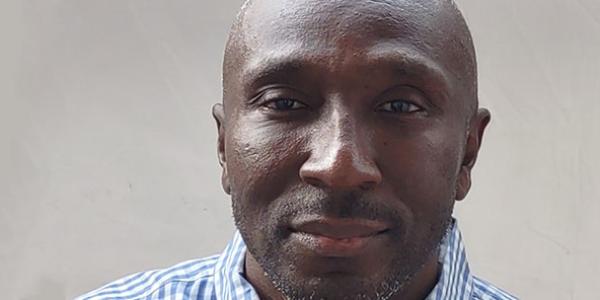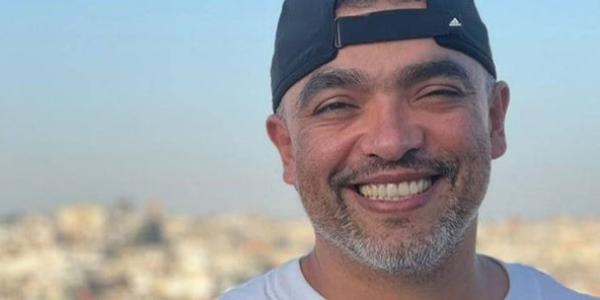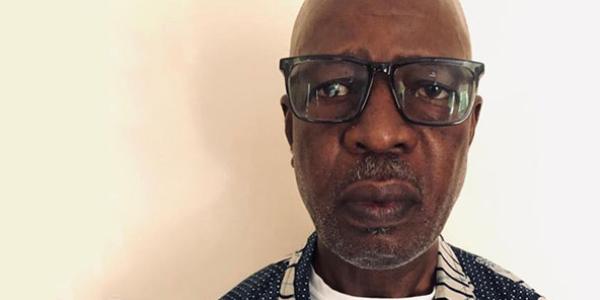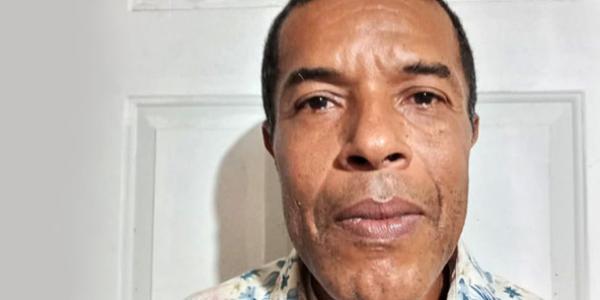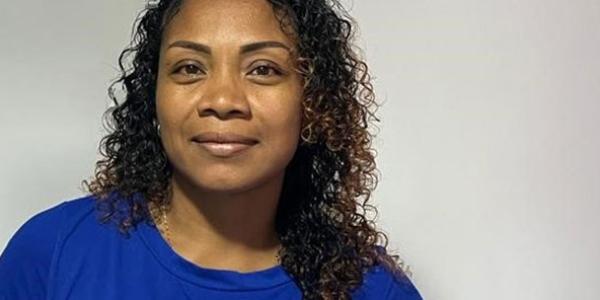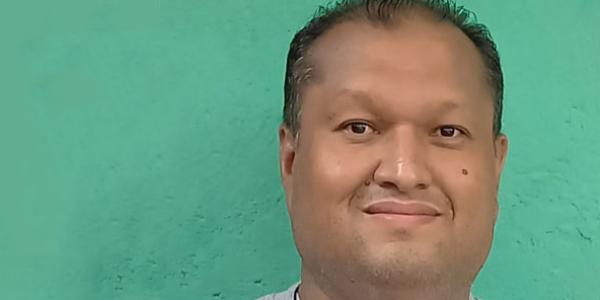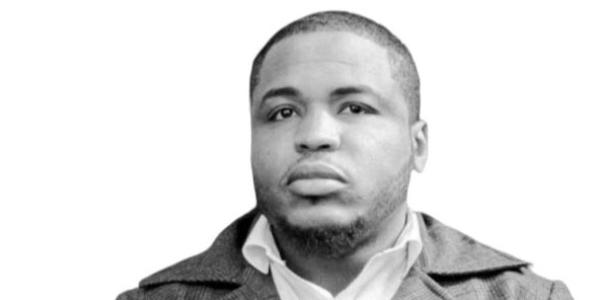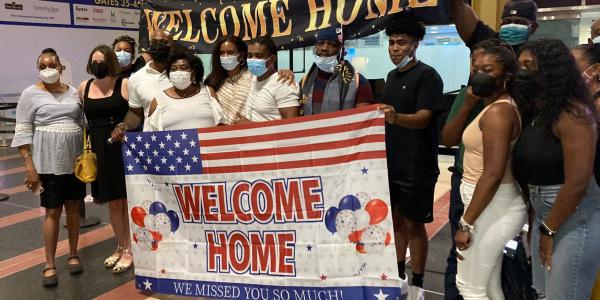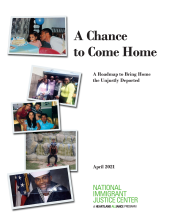A Campaign to Reunite Families and Communities & End Unjust Deportations
For decades, the U.S. immigration system has deported thousands of people, permanently separating them from family and community. In some cases, the deported had strong legal grounds for remaining in the United States. In others, the government abused its discretion, imposing detention and deportation in grossly unfair ways. The unjustly deported, who now seek to return and reunite with loved ones, include U.S. military veterans, civil rights activists, former DACA recipients and a disproportionate number of Black and Brown immigrants. Across the world, journalists, filmmakers, politicians and activists are calling on the U.S. to redress the injustices of its immigration system – to give the unjustly deported A Chance to Come Home. Watch the Chance to Come Home campaign launch and download a printable summary of the campaign.
Watch Now: Chance to Come Home townhall and film screening in Los Angeles
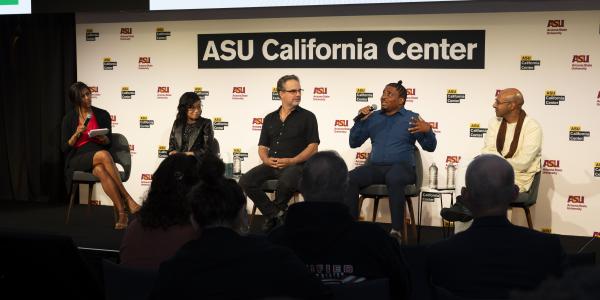
#ChancetoComeHome Updates
Uplift news and stories of unjustly deported people seeking to reunite with their families and communities.
Unjust deportations don’t just impact a single individual, they devastate families and undermine entire communities.
— Rep. Emanuel Cleaver (@repcleaver) July 10, 2024
Today, I introduced a resolution calling on @DHSgov to create a fair, centralized process to adjudicate unjust deportations and help reunite families. https://t.co/oy0Pxq7prg
Sam Anthony lived *40* yrs in D.C when Trump admin unjustly deported him. Now he asks for a #ChancetoComeHome to honor the memory of his late mother. As his sister says, “My mom died of heartbreak. She couldn’t bear our family being torn apart.” 👇🏽 💔 https://t.co/8mBIOUEcuU
— Nayna Gupta (@nayna_gupta) February 29, 2024
Meet 10 people seeking a Chance to Come Home
These courageous advocates represent the thousands of U.S. community members who have been deported from the United States. The lasting harm of their separations from community and family, and the injustices that led to their deportations, emphasize why the Biden administration must create a fair and effective system for people to apply to return to the United States after deportation.
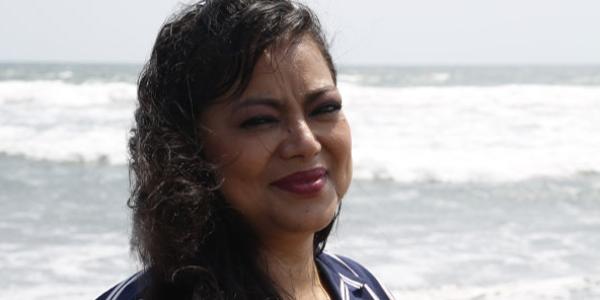
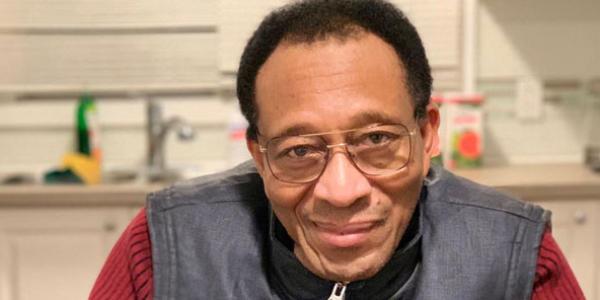
Campaign Partners
Thank you to these organizations providing legal representation, advocacy, and other support for the people whose stories are highlighted in this campaign.
Ohio Immigrant Alliance | National Immigration Project of the National Lawyers Guild
ACLU of Northern California | Neighborhood Defender Service (New York) | Office of the Appellate Defender | Immigrant Defense Project | Robert F. Kennedy Human Rights | Haitian Bridge Alliance | University of Georgia School of Law’s Community Help Clinic | Cleary Gottlieb | Bronx Defenders | Law Office of Matthew Bray | Perkins Coie LLP | California Collaborative for Immigrant Justice | Just Counsel LLC | Post Deportation Human Rights Project | Immigrant Rights Clinic Washington and Lee University School of Law | University of Maryland Carey School of Law Immigration Clinic | New York University Law School Immigrant Rights Clinic | Beyond Legal Aid


